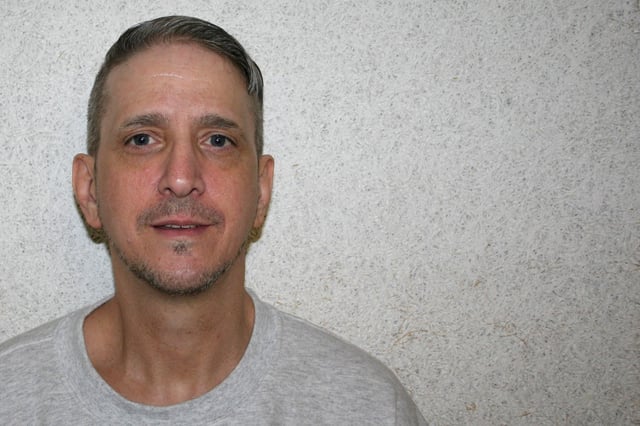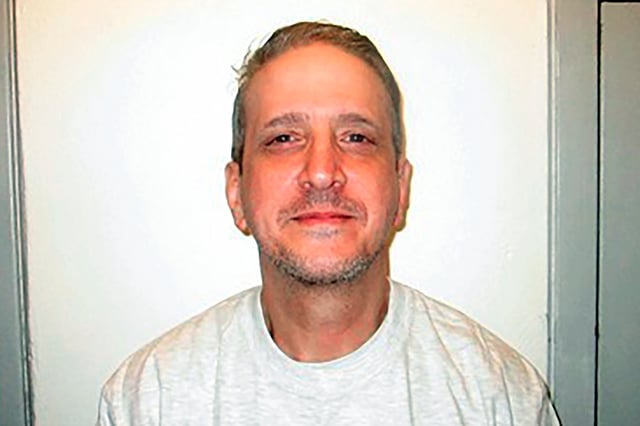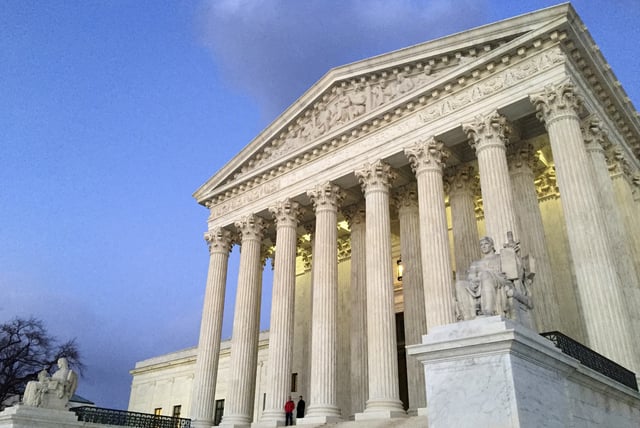Overview
- The Supreme Court found that Oklahoma prosecutors failed to correct false testimony from their key witness, Justin Sneed, during Richard Glossip's 2004 trial.
- Sneed, who admitted to killing Barry Van Treese, falsely claimed he had never received psychiatric treatment; prosecutors did not disclose their knowledge of his bipolar disorder and lithium prescription.
- The Court concluded that this failure violated the precedent set in Napue v. Illinois, which prohibits the knowing use of false testimony by prosecutors.
- Oklahoma Attorney General Gentner Drummond supported a retrial, citing cumulative errors in the case, though dissenting justices criticized the decision as unwarranted.
- The ruling highlights flaws in Glossip's conviction, including destroyed evidence and questionable police practices, but is unlikely to set broader precedent for death penalty cases.


